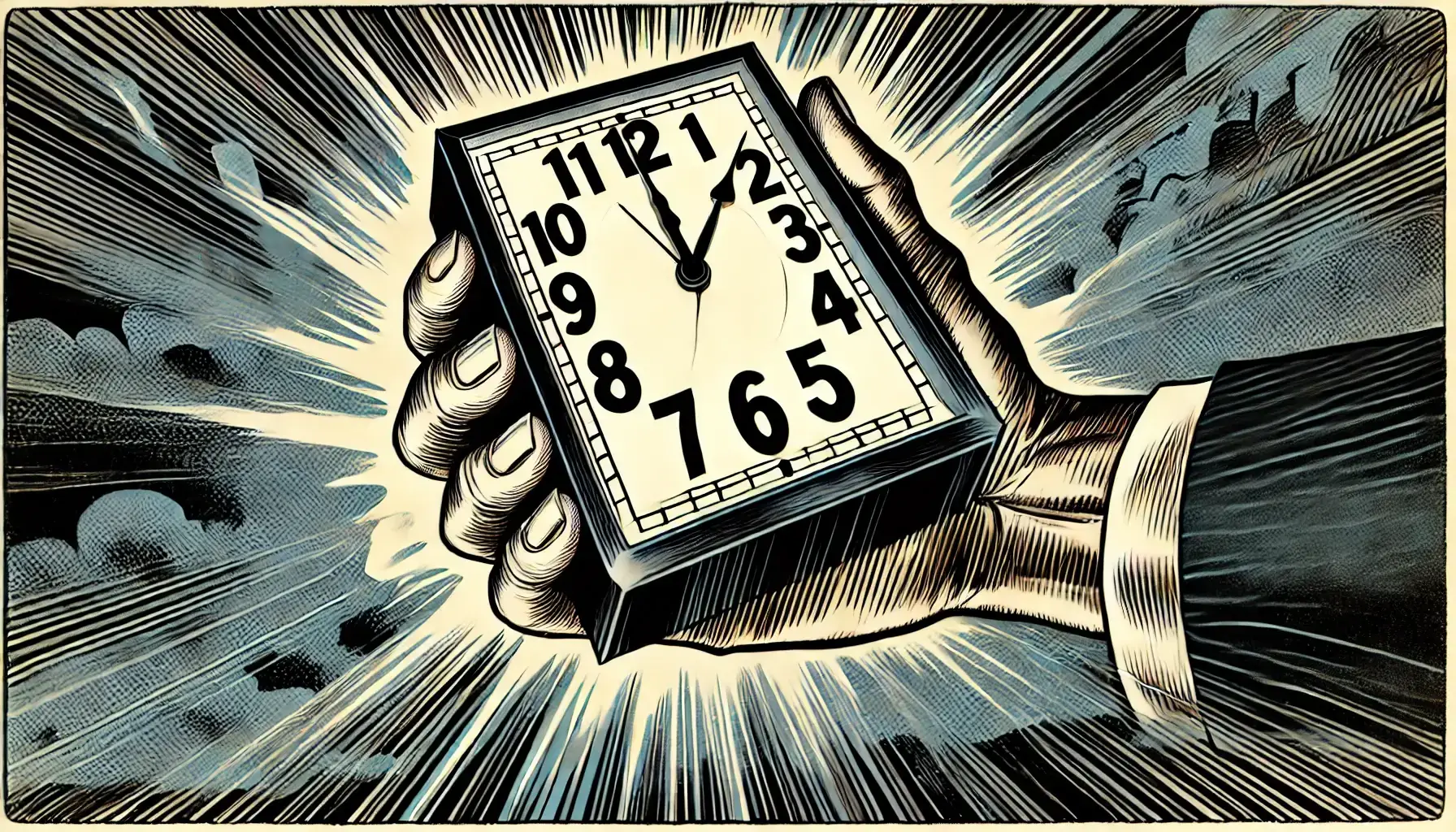Why Congress is Wrong About the TikTok Ban

The US Congress is wrong about the TikTok ban for a number of reasons. The debate over banning TikTok in the United States has reached a fever pitch, with lawmakers citing fears about national security, data privacy, and foreign influence. Yet this hysteria feels disproportionate, especially when compared to the real dangers posed by domestic social media giants. TikTok may be partially owned by the Chinese government, but its transparency stands in stark contrast to the opaque ownership structures and monopolistic practices of American institutions like BlackRock, Vanguard, and State Street.
Banning TikTok won’t address the root issues of social media manipulation or data privacy, nor will it stop the exploitation of these platforms by bad actors. Instead, this debate reveals a deeper failure to recognize the true threats to American innovation and democracy.
Catfishing and Congressional Vulnerabilities
One plausible explanation for Congress’s focus on TikTok is that lawmakers are reacting not to systemic concerns, but to personal vulnerabilities. It’s not unreasonable to theorize that some members of Congress may have been catfished or engaged in inappropriate interactions with TikTok creators, content that could be exploited for blackmail. This could explain the disproportionate hysteria, which doesn’t align with TikTok’s actual capabilities or threats.
Whether or not foreign actors are involved, the idea that TikTok is uniquely dangerous doesn’t hold up to scrutiny. Congress’s obsession with the platform seems more like an attempt to deflect attention from their own failings than a genuine effort to protect Americans.
TikTok Is Just a Brand Name
TikTok, like other social media companies, is mostly a brand name. Its primary offering—a short-form video platform with a “flip-up” scrolling method—is not particularly novel or protectable. If TikTok disappeared tomorrow, a competitor could easily replicate its format.
So why hasn’t a viable alternative emerged? The answer lies in the financial gatekeeping of institutions like BlackRock, Vanguard, and State Street. These entities have significant stakes in TikTok’s competitors, including Meta (Instagram), Snapchat, and X, and little incentive to finance direct competition. This isn’t about TikTok’s dominance—it’s about financial monopolies stifling innovation to protect their own profits.
The Linguistic Monopoly of TikTok
TikTok’s real power lies in its branding. Much like Twitter did with “tweet” and “retweet,” TikTok has embedded itself in popular culture with phrases like “did a TikTok” or “watch a TikTok.” This linguistic monopoly gives the platform an outsized perception of importance, even though its functionality is easily replicable.
Congress’s focus on TikTok as an irreplaceable platform ignores the reality that its success is more about branding than innovation. A ban wouldn’t erase the demand for short-form video content—it would simply shift users to other platforms or encourage the creation of clones.
The Real Threats of Domestic Platforms and Financial Monopolies
If lawmakers were serious about protecting Americans, their focus wouldn’t be on TikTok. They’d address the anticompetitive practices of BlackRock, Vanguard, and State Street, whose overlapping investments create unnatural monopolies across the tech industry. These financial giants aren’t controlled by the Chinese government—they’re American institutions. Yet their stranglehold on the market poses a far greater threat to competition and innovation than TikTok ever could.
Additionally, platforms like Meta, Snapchat, and X have a far more troubling track record of exploitation. Facebook was central to Russian interference in the 2016 election, Snapchat has been used to exploit minors, and Twitter has been a hub for anonymous accounts spreading disinformation. These platforms have demonstrated their capacity for manipulation far more than TikTok, yet they remain largely unchallenged by lawmakers.
TikTok and the Reality of Social Media Manipulation
The idea that TikTok is uniquely dangerous because of its recommendation engine is misguided. Like every other social media platform, TikTok uses algorithms to maximize user engagement by showing content users are likely to enjoy. This isn’t brainwashing—it’s basic economics.
Moreover, the data TikTok collects—video-watching habits, user interactions, and anonymized preferences—is not particularly sensitive. There is no credible evidence that TikTok is tracking government officials, stealing financial information, or engaging in espionage. In contrast, platforms like Facebook and X have faced repeated scandals over data misuse, breaches, and manipulation by foreign and domestic actors alike.
The Path Forward, With or Without TikTok
Justice Samuel Alito made an argument today in the TikTok hearing that makes a lot of sense. He asked an attorney representing a specific creator if people’s attachment to TikTok is like a sentimental relationship with an old item of clothing. His argument was basically that people can simply use another platform. He’s right. That’s the bottom line.
To Ban, Or Not To Ban, Is Not The Only Question
Whether TikTok is banned outright or allowed to continue operating in the United States, Americans must face the reality that the platform itself is not the core issue. The challenges posed by social media manipulation and monopolistic practices go far beyond TikTok. Instead of getting lost in the complexity of national security fears or algorithmic paranoia, we should recognize the simplicity of the reality: the problems lie in systemic failures within the broader tech landscape.
Option A: If TikTok Is Banned
A ban would create an opportunity to introduce much-needed competition into the social media space. Building a competitor to TikTok—using a similar short-form video format—would not be prohibitively expensive, but meaningful competition requires tackling the financial gatekeeping of institutions like BlackRock, Vanguard, and State Street. These entities have quietly created an unnatural monopoly across the tech sector, stifling innovation and limiting the creation of new platforms. A TikTok ban could serve as a wake-up call to break this stranglehold and encourage a truly competitive digital ecosystem.
Option B: If TikTok Is Not Banned
Even if TikTok continues to operate, Americans need to understand that the concerns raised by Congress apply to every major social media platform, domestic or foreign. The threats of data exploitation, manipulation, and monopolistic control are entrenched in platforms like Meta, Snapchat, and X, which have long been weaponized by bad actors. TikTok is not unique—it’s simply the latest scapegoat in a misguided debate.
In both scenarios, it’s clear that Congress’s focus on TikTok is a distraction. By obsessing over one platform, lawmakers are ignoring the systemic issues that truly endanger Americans: the anticompetitive practices of financial giants, the unchecked power of social media algorithms, and the mental health crisis caused by exploitative platform designs.
From Capitol Hill to the local school board, Americans need to move beyond the hysteria and engage with the simple truths behind these complex arguments. TikTok’s fate—whether divested or allowed to remain—should not blind us to the broader issues at hand. Social media is not the enemy; the systems enabling its abuse are. The sooner we address those systems, the closer we come to protecting our society from manipulation, exploitation, and monopolistic control.
